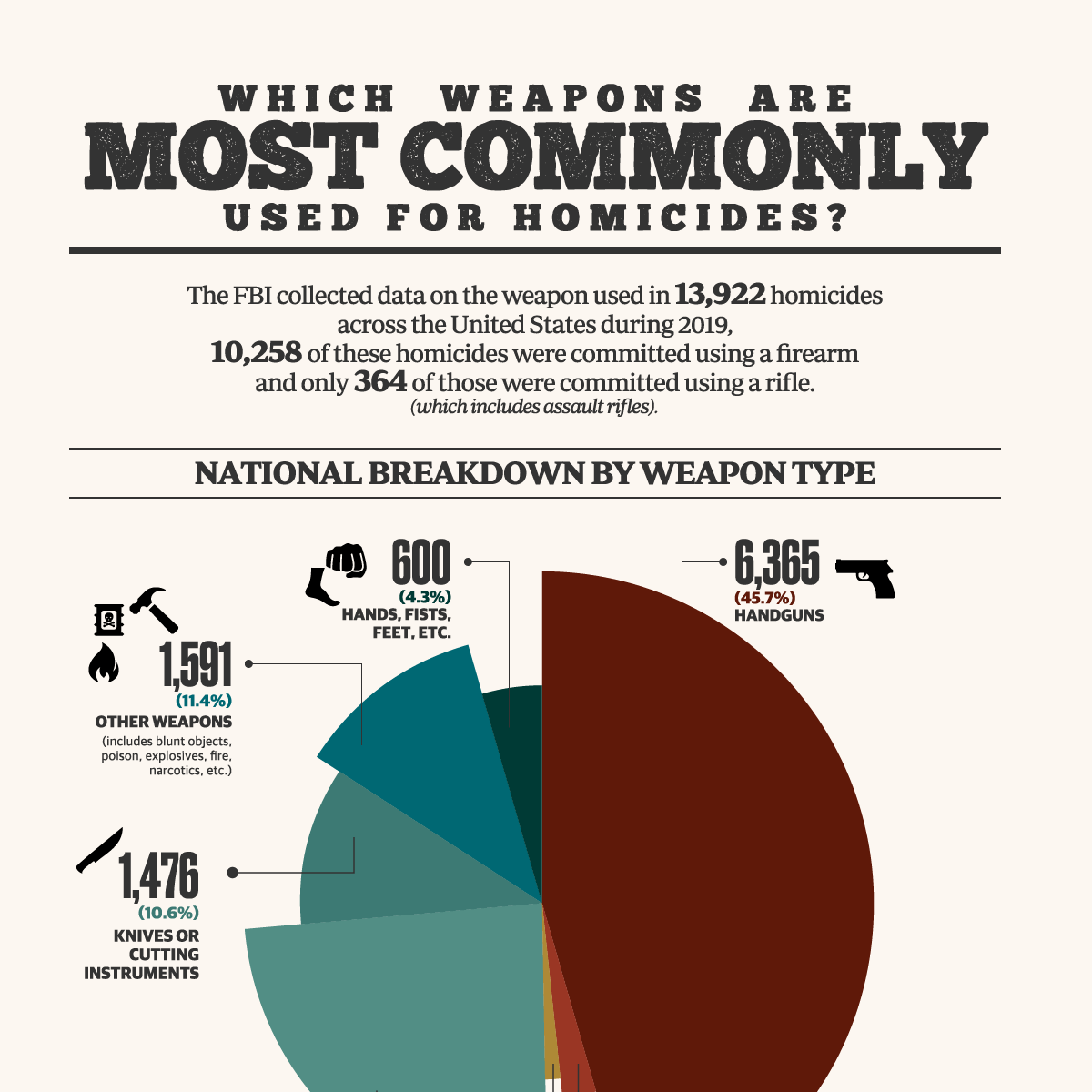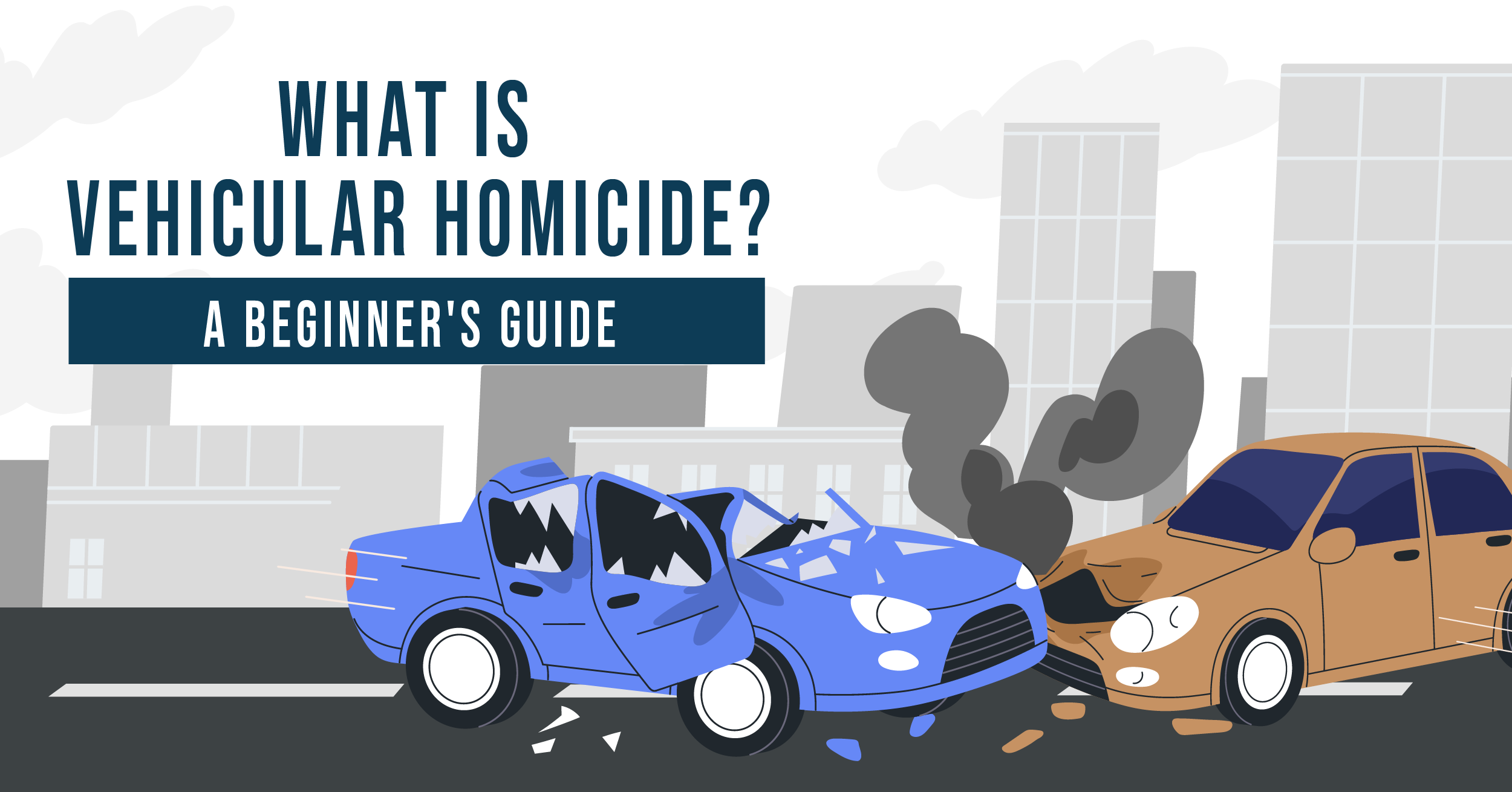What Is A Homicide? The Ultimate Guide To Understanding The Facts, Types, And Legal Implications
Alright folks, let’s dive straight into something serious that affects lives every single day. Homicide is one of those terms we hear in the news or see in crime dramas, but do we really know what it means? It’s not just about someone dying—it’s way deeper than that. Homicide is a legal term that describes the act of one person causing the death of another. But here’s the twist—it’s not always a crime. Yeah, you read that right. So, if you’re curious to find out more about what homicide actually is, how it works, and why it matters, this article’s got your back.
Let’s break it down. Homicide isn’t as black and white as you might think. It comes in different forms, and understanding those nuances can be crucial, especially if you’re dealing with legal matters or just want to educate yourself on the topic. From accidental deaths to premeditated acts, there’s a lot to unpack. Stick around because we’re going to explore everything you need to know about homicide in a way that’s easy to digest but packed with valuable info.
By the end of this article, you’ll have a solid understanding of what homicide means, its various types, and the legal implications tied to it. Whether you’re a curious reader, a law student, or someone navigating a tough situation, we’ve got all the answers you’re looking for. So, grab a coffee, sit back, and let’s get started.
- Asu Fall Break Your Ultimate Guide To Unwinding And Exploring
- Kansas Ebt Your Ultimate Guide To Understanding And Maximizing Benefits
Table of Contents
- Defining Homicide: What Does It Really Mean?
- Types of Homicide: Breaking Down the Categories
- Legal Implications of Homicide
- Famous Homicide Cases in History
- Homicide Statistics: The Numbers Behind the Crime
- Preventing Homicide: Strategies and Initiatives
- The Psychological Impact of Homicide
- Common Myths About Homicide
- Q&A: Frequently Asked Questions About Homicide
- Conclusion: Understanding Homicide and Moving Forward
Defining Homicide: What Does It Really Mean?
Homicide, in its simplest form, refers to the killing of one human being by another. But hold up—it’s not always illegal. Let me explain. Homicide can be further divided into two main categories: lawful and unlawful. Lawful homicide might sound strange, but it happens more often than you think. Think about self-defense situations or police officers using lethal force in the line of duty. These are examples where homicide isn’t considered a crime because they’re justified under certain circumstances.
On the flip side, unlawful homicide is what we typically associate with the term. This includes acts like murder and manslaughter, where someone intentionally or negligently causes another person’s death. Now, this is where things get tricky because the laws surrounding homicide vary depending on where you live. Different countries and states have their own definitions and penalties for homicide, which we’ll dive into later.
- Bad Things About Aquarius The Truth Behind The Water Bearers Flaws
- Anime Last Stand Values The Ultimate Guide To Understanding And Appreciating
Key Elements of Homicide
Before we move on, let’s talk about the key elements that make up a homicide case. For something to be classified as homicide, there must be proof of:
- Death: The victim must have actually died as a result of the act.
- Causation: The defendant’s actions must have directly caused the death.
- Intent: In cases of murder, there must be evidence of intent to kill or cause grievous harm.
These elements are crucial in determining whether a homicide is lawful or unlawful, and they play a huge role in how the case is handled in court.
Types of Homicide: Breaking Down the Categories
Alright, so we’ve established that homicide isn’t just one thing. It comes in different flavors, each with its own set of rules and consequences. Let’s break it down into the main types:
Lawful Homicide
Lawful homicide occurs when someone kills another person, but it’s justified under the law. Common examples include:
- Self-Defense: Killing someone to protect yourself or others from imminent harm.
- Law Enforcement: Police officers using lethal force to apprehend suspects or protect the public.
- Warfare: Soldiers killing enemy combatants during military operations.
These situations are heavily regulated, and there must be clear evidence that the homicide was necessary and proportionate to the threat faced.
Unlawful Homicide
Unlawful homicide is where things get messy. It’s further divided into two main categories: murder and manslaughter.
Murder
Murder is the most serious form of unlawful homicide. It involves the intentional killing of another person with malice aforethought. There are different degrees of murder, depending on the circumstances:
- First-Degree Murder: Premeditated and deliberate killings.
- Second-Degree Murder: Killings that are intentional but not premeditated.
Manslaughter
Manslaughter, on the other hand, involves killings that are unintentional or occur in the heat of the moment. It’s divided into:
- Voluntary Manslaughter: Killings that happen during a sudden quarrel or in the heat of passion.
- Involuntary Manslaughter: Killings that result from reckless or negligent behavior.
Understanding these distinctions is key to grasping the complexities of homicide cases.
Legal Implications of Homicide
When it comes to homicide, the legal implications can be life-changing. Depending on the type of homicide and the jurisdiction, the consequences can range from minor penalties to life imprisonment or even the death penalty in some places.
In the United States, for example, murder convictions can result in sentences of 15 years to life, depending on the degree of the crime. Manslaughter charges, while still serious, tend to carry lighter sentences, often ranging from a few years to a decade or more.
It’s also worth noting that homicide cases can have far-reaching effects beyond just the legal penalties. Families of victims may file civil lawsuits seeking damages, and the accused may face social stigma and lifelong consequences even after serving their sentence.
Famous Homicide Cases in History
Throughout history, there have been some high-profile homicide cases that have captured the public’s attention. These cases often spark debates about the justice system, the nature of crime, and the human condition. Here are a few notable examples:
- O.J. Simpson Trial: One of the most infamous cases in modern history, where a former NFL star was accused of murdering his ex-wife and her friend. The trial was a media circus, and the verdict shocked the nation.
- JonBenét Ramsey Case: The unsolved murder of a six-year-old beauty pageant contestant that has fascinated and baffled investigators for decades.
- Charles Manson Cult Murders: A series of brutal killings carried out by followers of the infamous cult leader, leaving a lasting impact on American culture.
These cases highlight the complexities and challenges of homicide investigations and the lasting impact they have on society.
Homicide Statistics: The Numbers Behind the Crime
Let’s talk numbers for a moment. According to the World Health Organization, there were approximately 405,000 homicides globally in 2019. That’s a staggering number, and it shows just how prevalent this issue is around the world.
In the United States alone, the FBI reported over 19,000 homicides in 2020, with firearms being the most common weapon used. These statistics underscore the need for better prevention strategies and more effective law enforcement measures.
Regional Variations
It’s also interesting to note that homicide rates vary significantly across different regions. Countries in Latin America, for example, tend to have much higher homicide rates compared to Europe or Asia. Factors like poverty, gang violence, and access to firearms all play a role in these disparities.
Preventing Homicide: Strategies and Initiatives
So, what can we do to prevent homicides? There’s no one-size-fits-all solution, but there are several strategies that have shown promise:
- Community Policing: Building trust between law enforcement and communities can lead to better cooperation and fewer violent incidents.
- Guns Control: Implementing stricter gun laws can reduce the number of firearms available to potential perpetrators.
- Education and Awareness: Teaching conflict resolution skills and promoting mental health awareness can help prevent violent behavior.
It’s a complex issue, but with the right approach, we can make a difference.
The Psychological Impact of Homicide
Homicide doesn’t just affect the victim and the accused—it has a ripple effect on families, communities, and society as a whole. The psychological toll can be devastating. Survivors of homicide victims often experience trauma, grief, and even PTSD. Support systems like counseling and support groups can be invaluable in helping them cope with their loss.
For those accused of homicide, the psychological impact can also be significant. Even if they’re found not guilty, the stigma and stress of going through a trial can leave lasting scars.
Common Myths About Homicide
There are a lot of misconceptions out there about homicide, and it’s important to set the record straight. Here are a few common myths:
- Myth: Homicide is always a crime. Fact: As we discussed earlier, lawful homicide exists and isn’t considered a crime.
- Myth: Homicide rates are increasing globally. Fact: While some regions have seen spikes, overall homicide rates have been declining in many parts of the world.
- Myth: Most homicides are random acts of violence. Fact: The majority of homicides occur between people who know each other, often due to domestic disputes or gang-related activity.
By dispelling these myths, we can better understand the realities of homicide and work towards meaningful solutions.
Q&A: Frequently Asked Questions About Homicide
Let’s address some common questions people have about homicide:
What’s the Difference Between Murder and Manslaughter?
Murder involves intentional killing with malice aforethought, while manslaughter refers to unintentional or less premeditated killings.
Can Homicide Be Justified?
Yes, in cases of self-defense, law enforcement, or warfare, homicide can be considered lawful and justified under the law.
What Are the Penalties for Homicide?
The penalties depend on the type of homicide and the jurisdiction, but they can range from a few years in prison to life sentences or even the death penalty.
Conclusion: Understanding Homicide and Moving Forward
Alright, we’ve covered a lot of ground here, folks. Homicide is a complex and multifaceted issue that affects millions of lives every year. By understanding what it is, its various types, and the legal implications, we can better navigate this challenging topic.
But knowledge is just the first step. It’s up to all of us to work towards preventing homicides and creating safer communities. Whether it’s through education, better laws, or supporting those affected by homicide, every action counts.
So, what do you think? Do you have any questions or thoughts about what we’ve discussed? Leave a comment below or share this article with someone who might find it helpful. Together, we can make a difference in the fight against homicide.
- Pics George Clooney Twins The Ultimate Guide To The Alist Couples Twin Babies
- Ncis Shepard The Iconic Character You Cant Miss

Global study on homicide

Weapons That Are Most Commonly Used for Homicides

What is Vehicular Homicide? A Beginner's Guide